CNR Exclusive Interview: A Dialogue with Mr. Jose Manuel Barroso, Former President of European Union
ZHANG Tong and WANG Hao/ Kubuqi Desert
ZHANG Tong and WANG Hao/ Kubuqi Desert
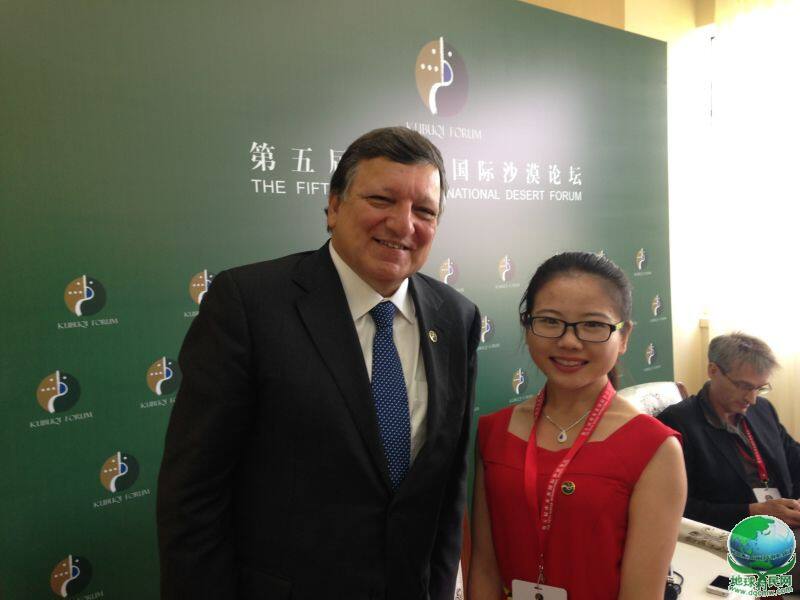
本网特约记者专访巴罗佐,并与其亲切合影,摄影: 王浩
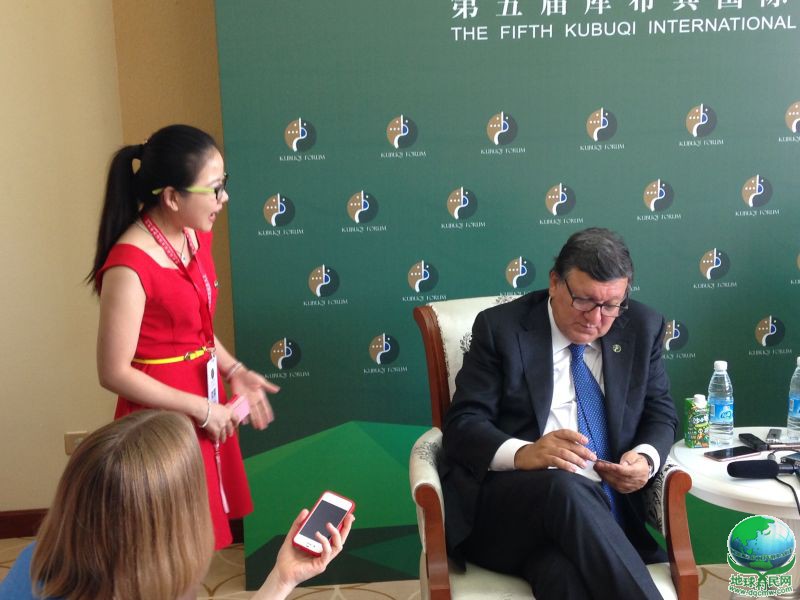
Today, the Fifth Kubuqi International Desert Forum is held successfully in Seven-star Lake Hotel in Kubuqi Desert of Inner Mongolia. The theme of this forum is “Desert Ecological Civilization and Co-Building of One Belt and One Road”. Mr. Jose Manuel Barroso, Former President of European Union, gave a keynote speech named “Vision of China-Europe on Co-building Green Silk Road Economic Belt”. After that, special correspondent of China National Radio made an exclusive interview with Mr Barroso. Here is the interview.
Wang Hao, special correspondent of China National Radio:
“On March 24th this year, China added ‘greenization’ into the political missions, together with the existing missions such as newly industrialization, urbanization, informanization, and agricultural modernization. What do you think of significance of this act, especially as china is the largest developing country?”
Mr. Barroso:
“I think it is extremely important. We in Europe have been fighting for this concept for some time now. Perhaps we have industrialization earlier than China. Our political opinion, especially young people, are extremely sensitive to the situation. Growth? Yes, but sustainable growth. If we make growth at any price, we are destroying our planet. We are destroying the possibilities of future generations to enjoy nature, to enjoy our planet. We respect ecological balances. To be very open to you, some years ago, these debates were rather difficult. Because some developing countries were basically saying this: ‘OK, now you are saying that because you are developed, and you want us to stay under-developed. The same way you developed, now we want to develop.’ And it was a difficult dialog because sometimes people were thinking as if they were in opposite sides. Actually, we were sincerely saying, ‘Look, try to avoid some of the mistakes we have done.’ So it is not a way of limiting the potential growth of China. No. The growth of China, and the growth of the so called emerging economies, is very important for those countries and for the world. For Europe, it is good that China grows. It’s a very important market, in fact the most important market for us. But at the same time, we believe that it would be good for China and for the world if this growth takes place in a greener way, to avoid balances that would afterwards make Chinese people pay a much higher price. It would be a mistake if the developing economies would be making the same errors as the more industrialized economies. So now greenization has been an official political mission of the Chinese state. That’s good. That’s good news for the China and for the world. Because it’s a guarantee that hopefully, the development will be a sustainable one.”
Zhang Tong, special correspondent of China National Radio:
“Besides the government or the private sectors, as common people, our public should have the awareness of environment protection and the sustainable development of our country. What do you think our young people should do and what kind of role can we play? I just finished my graduation trip from Europe, and I know that Paris is a place you put emphasis on in your speech. What’s your expectation for the Paris conference of this December?”
Mr. Barroso:
“When I was young, I didn’t like older people to tell me what I should do. (laugh) OK, but now you are asking me for advice. When I was young I was always saying what old people should do. And I think this is the right approach. I think the most important thing is that young people say to old people what they should do. Why? Because the life of society is a contract between generations. What we face today is that the past generations are not leading the world in a very good state for the future generations. Because the current generations have been exploiting too much the planet, and they contribute to high level of degradation of the planet, because of the lack of respect to the environment. Public debt is a problem, because someone is going to pay the debt that has been accumulated, and in some of our countries debt is a problem, as you know. That’s why I think the young generations should be prepared to avoid the situation, to promote degradation of our planet, because this is the planet we have to live on. So it is very important for future generations to show more respect for the planet than previous ones. Probably because we former generations lack experience. Now we are changing and this is extremely important. When I was your age, there was no these kinds of concerns. People were already speaking about the environment, but nobody was speak about climate change. It was not an issue that was known. It was not scientifically discussed. And today, if you have been to Europe, you will see that young people will say ‘you should concern’. More young people are thinking about what are we going to do to protect our planet. Now even traditional parties are cooperating more and more about green message. So that’s what I think is good.
The second question is about the Paris conference in December. We should avoid the second failure (after the Copenhagen conference), because in fact Copenhagen was not a success. I would not say it’s a completely failure. The Copenhagen conference was a way of international communication. It was the first ever discussion on that matter. But now, about climate change, this is the real opportunity. And I think it should come to a global agreement, where richer players and those of the others agree on action, to reduce greenhouse gas emission, so that our growth can be sustainable. I think we should not miss this opportunity.”






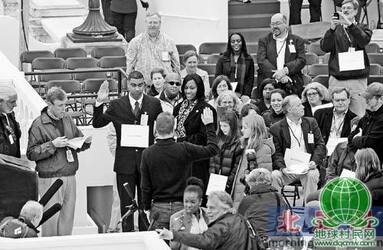
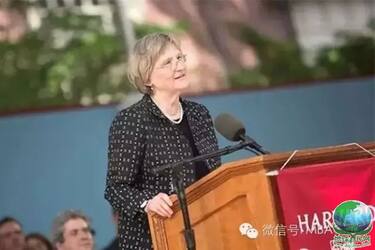
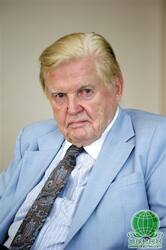

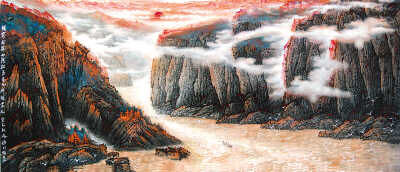
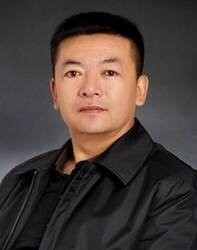
 京公网安备11010502038197号
京公网安备11010502038197号